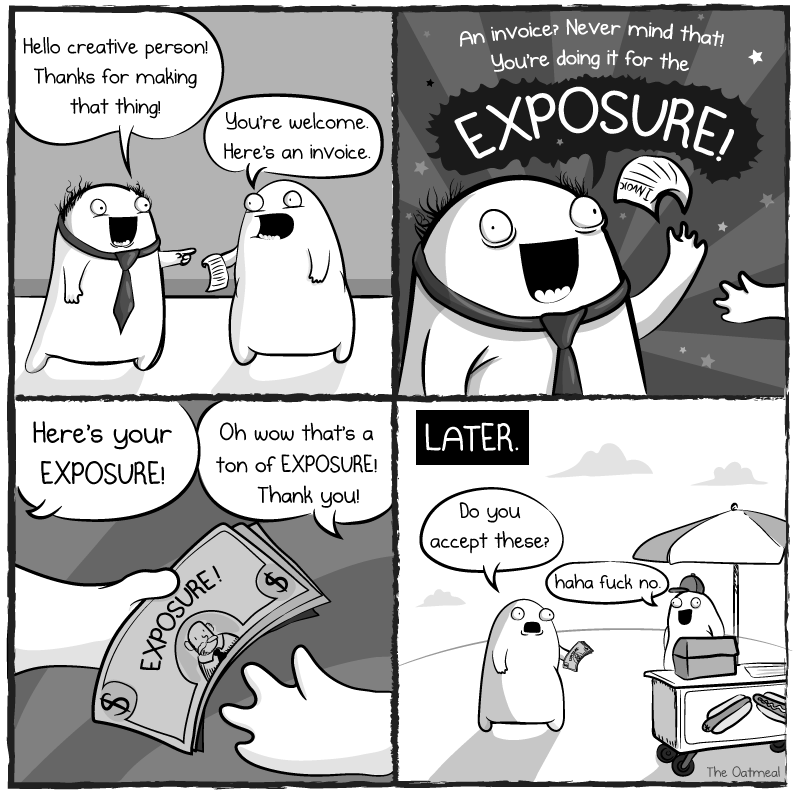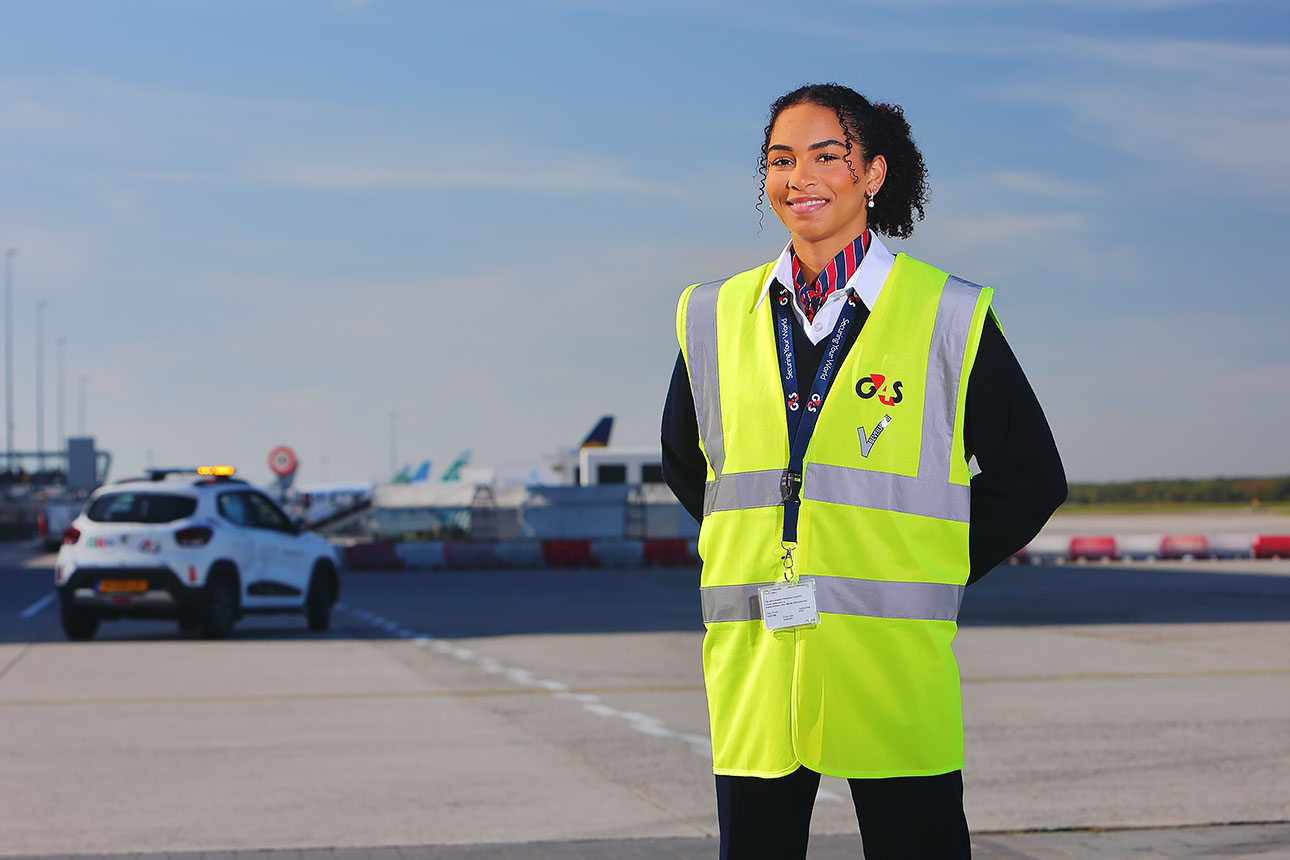What is the value of photography? From priceless to cash: The gap in photography
Images shape perceptions and narratives, but the value of photography often remains misunderstood. Photography is more than just a push on a botton, it’s a professional craft. Yet, the value attributed to it often falls short of the reality for many photographers.
As a Dutch photographer with over 16 years of professional experience, I’ve often grappled with the complex issue of image valuation. While the power and impact of photography are undeniable, quantifying its exact worth remains a challenge. This essay explores the disparity between the perceived value of images and the financial compensation photographers receive.

Please keep in mind that I’m based in The Hague, The Netherlands. This article is written by me (please do not copy my text and/or photos) and reflexes my opinion based on my experience as a professional photographer working in the Netherlands. To this day, I earn my income with photography services only. Writing about photography is what I do unpaid. I do this because I would like to try to establish a healthy photography market for photographers.
If you prefer to read this article in Dutch please visit this page: https://www.reclamebeeld.nl/de-waarde-van-fotografie-bekeken-vanuit-de-fotograaf/
Interested in my work as a photographer? Contact me or take a look at my work on my 4 websites:
This website is to show my skills as a corporate photographer in the Netherlands
Find my Portrait photography on mensen.photo
My most beloved imagery and my photography style is shown on my photography portfolio .
You will find my Travel photography on wilmarphotography.com
My work is not represented by an art gallery. Maybe one day 🙂
The value of a photograph
We all know that images are valuable, but often it’s difficult to grasp their exact worth. Usually, the value of an image is assessed from the user’s perspective. Recently, I read an article about a media company that emphasized the importance of photography. The editor-in-chief stated that images are crucial and verry important. However, what wasn’t mentioned in that article was that this same company offered photographers as little as 26 euros per photo.
It seems that the value of an image is not the same for everyone. And an immeasurable value often has a very measurable value in money.
The perception of value
Every photographer, whether amateur or professional, has experienced this. The feeling that the value others place on your photos is different. The perception of the value of an image by users often doesn’t align with the value the creators attribute to it. Frustration can be a result. It’s only natural when you’ve spent hours and hours creating photos with your expensive equipment, only to have a publisher offer you almost nothing for them. As a professional photographer, you learn to deal with it.
Ideally, clients choose you consciously because they see the value of your service the same way you do. That value is expressed in the fee you receive for your services. To be clear: that value is in money. I’m not talking about the value of an image credit, the compliments, or the exposure of a publication. Those are nice side benefits, but you can’t buy groceries with them. In most cases, using an image requires explicit permission from the copyright holder. Even with permission, proper citation is the standard, and not a way to pay a photographer.

The value of an image: different for everyone
Everyone would agree that photography has great value. But that value and how it manifests varies greatly. Some parties prefer not to talk about a financial value. For them, photos are simply super important and of great value. Even a publisher who pays peanuts for a news photo will find that photography is of great importance.
Value of photos in photo contests
Another example is the value of photos in photo contests. The organization of a photo contest will find that images are super valuable. And they prove that by organizing a photo contest. The goal is usually to acquire as many beautiful photos as possible that they can use without much cost. And with some well-written contest conditions, they can also pass them on to sponsors. And in combination with the opportunity to get a lot of attention for their brand through social media. That the makers of all those submissions are not financially rewarded is a secondary (or no) concern for them. The images they get through a photo contest have great value for the organizing party.
By participating in a photo contest, you give away the potential value of your photo in exchange for the chance of a compliment or recognition.
Ironically, I entered the Travel Photographer of the Year competition long before turning professional. Despite paying an entry fee and having my work published in their book, I still had to purchase a copy to see my own image. So I paid them to give my images for free. They created extra value with this (a book and exhibitions) and I paid them again to see it. It’s a curious business model, to say the least.
The value of photography for the photographer: compliments or real monies?

There are organizations that like to emphasize how essential and valuable photography is. Maybe they do that to motivate photographers? For example, newspaper publishers like to tell you that photos are valuable for their publications. Unfortunately, that value often translates into fees that range between 25 and 65 euros per photo. As a professional photographer, it’s not possible to make a living from those kinds of amounts.
Although publishers know that photos are important, they often pay little for them. There’s always someone who’s willing to sell a photo for 26 euros after a few hours of work. That maker is not so much selling for the proceeds, but perhaps for the credit or exposure. That’s also worth something, especially for someone who doesn’t often see their own work in publications. But for the more experienced photographer, it’s only normal that your name is on your photo (that’s mandatory in the EU) and that your photos are published is the whole goal of your work.
Added value of your service as a photographer
As a professional photographer, you provide a service that is valuable because you are an image expert. That’s why you’re able to create photos that your client or society needs. You have the expertise and experience to create photos that perfectly match the set goals. You add value to your work. And that value is certainly not just in your technical skills. It also includes your work and life experience, your knowledge, education, creativity, and way of communicating. Through all these skills, you create your photos the way you do. No other photographer would create the same photos in the same situation. It’s important to make this value clearly visible to potential clients. After all, they choose you, not just because you take beautiful photos.
Chance of added value creation by the client
If you deliver beautiful photos to a client, they can create value with them. Your photos can make their products, services, websites, or marketing campaigns more powerful. So they become more successful thanks in part to beautiful photos. That’s why you as a photographer should get a fair price. But due to the large supply of photography services, clients sometimes determine the fee. Then you get a take-it-or-leave-it offer. If that’s the case, it may be that your added value as a photographer is not entirely clear. Or the importance of the most ideal photos is not that great.
Sometimes clients don’t fully understand the opportunity to create added value with your photos. They might try to save on imagery. Because if they think little added value is being created, they may also think it’s not a big deal to pay little. As a photographer, it’s important to understand this.
Whether you work for a startup, a department with a small budget, or an NGO, this should have little or no impact on your rate. Startups or NGOs can also get a lot of value from photos.
Budgets are set by people, and that often happens based on the value it has for them.
If something has a lot of value and is important, it can certainly be turned around. So budgets determine based on your rates. If a budget for photography has been set somewhere and that budget is low, then the photography is also assessed at that value by that party. With a low value assessment, the chance that you will be paid normally for your service is not too great. Your self-calculated rate for your service is your cost price. If you work below that, you will have a financial problem after a while.
Is value creation your responsibility?
Creating value for your own photography services is your job. But creating value with your commissioned work for clients is something else. Realize that whether or not clients create added value with your photos is not your responsibility. You naturally assume that your photos will be used and that your client will benefit from them. That’s the whole reason they’re working with you. But that doesn’t mean that if a client doesn’t yet know how or if extra value is being created with your photos, you should automatically give a discount. Your commissioned work should always be paid for, regardless of what is ultimately done with it.
Photography: more than a hobby or not?
The answer to this question varies significantly depending on your location and country. In my part of the world its still a real job.
When I receive a request for photography, I do my utmost to actually get that assignment. But there are exceptions. If a request starts with “we would like a few photos and a short video for x/y/z” or “we think you’ll be busy for about an hour or 6” then I’m a bit more cautious. Because why is somebody that needs help creating photography or film ask for a few photos and short video? Isn’t that up for discussion between me and the client? I’m not saying that I can’t deliver a few photos or a short video but when asked for that in the first email than I’m starting to think if we think the same about the value of my services.
Who’s asking?
What can also be important is who you receive a request from. Is that from a department head, director, intern or consumer? If a budget is already stated in a request, there is a chance that you won’t agree on it. Because as a freelancer, you set your own rates. “No” selling when the budget doesn’t match your rate is very normal for freelancers. But within photography, it’s not always the standard.
People will approach you because they have the idea that there is a possible match. If all goes well, that match is based on the quality of your service and to a much lesser extent on your rate. That’s why it’s not always necessary to put your rate on your website. Giving your rate after a first email in a proposal can be a better way of informing a potential client. That way the attention of the client will go to your quality of work and not to your rates.
Where is the value for a photographer?
An image has more value when there is a demand for it. That demand must exist prior to creation. You only have a chance of being paid normally if the value that a client assigns to your service is the same as the value that you assign to your service. Some parties say they attach a lot of value to photos. Unfortunately, they don’t always mean the financial value that is proportional to the time it took you to create something. Offering images to parties without them having a demand for those images is not a good idea. If you can deliver images at all without a need, it often has consequences for prices and/or rates. Just think about it yourself. If you don’t need a service, you’re not willing to pay a normal price for it either.
Value of stock images
Another example is stock photography. There is a lot of demand for stock, but also a huge supply. Stock photos are sold for (too) low prices. This is a result of the popularity of photography and the large number of stock agencies that have been competing fiercely for decades. As long as stock agencies receive enough photos, they have no problem. The production of stock photos is usually done by people who take photos without being financially dependent on it. If you depend on photography, it is not wise to spend your time creating stock photos.
Stockagencies do not pay photographers for the time they spend creating, keywording and uploading photos.
You only receive a small percentage of sold photos, and as a professional photographer, you can’t do much. As a pro photographer I decided years ago not to produce more stock images. I do make free work and photos on holidays. And I also put these images online, but only on my own websites. That way, if somebody would like to buy an image, I can ask a normal price.
The value of free photography
When something is free (or extremely cheap, like most stock photos), we tend to underestimate its true value. A long time ago, I did some work for free for a company. The client was satisfied, but a year later when they needed something similar, they didn’t come back to me. Instead, they wanted a “real professional”. They seemed to forget that I was a professional too, because I had done the previous job for free.
The value of free services or products never equals their real value. If you do something for free (or very cheap), the client will perceive you as a cheap photographer, and it’s hard to shake that label. Your service has already been devalued. If you then try to charge a normal rate the next time, there’s a good chance they’ll look for someone else who will do it for free or go to a real pro (and that is not you).
More Value for Photographers?
In the Netherlands every person can be a photographer, you only need a registration with the Chamber of Commerce and you can start your business as a freelancer. In an unprotected market for photography, it’s difficult to make a good living. Especially when taking in to account the populairity of photography as a hobby. However, making a living out of photography is possible. I’ve been a freelance professional photographer for 16 years (since 2008) and I only earn money from photography and videography. My work for other parties like the NVJ (Dutch Association of Journalists) and all my writing about photography, is unpaid.
As a professional photographer, it’s important to only work when the value you assign to your service is the same as the value a client assigns to it.
In other words, work for the rates you’ve set for yourself and don’t go below them. That’s not always easy. Have you never calculated your own rate properly? Do it! Because your rate is your own cost price. If you work for amounts below that, you’ll have to make up the difference. At the end of the year, you’ll come up short. And short after your savings are gone and you will have to find work in an other market.
The future of photography and the value of imagery are partly in our own hands. By making our voices heard and continuing to strive for fair compensation for our work, we can bring about positive change. Photography holds immense value. It is up to us as photographers to ensure that this value is also reflected in fair financial compensation for the work we do.”
More interesting stories in English
As you can see this website is mainly in Dutch. But I do have some more pages in English that are fun to read. Did you know I (re)discovered the shutterspeed of the first photo of humans? All over the internet you could read that the shutterspeed of the “Paris du Boulevard” photo shot by Louis Daguerre in 1839 was between 7 and 30 minutes. I had my doubts. Read the article here: https://www.reclamebeeld.nl/shutter-speed-time-of-the-first-image-human-daguerre-photo-boulevard-du-temple-paris/


Reclamebeeld.nl info@reclamebeeld.nl +31 6-5152 0360
Wilmar Dik
Van der Duynstraat 143
2515 NJ The Hague, The Netherlands



















































